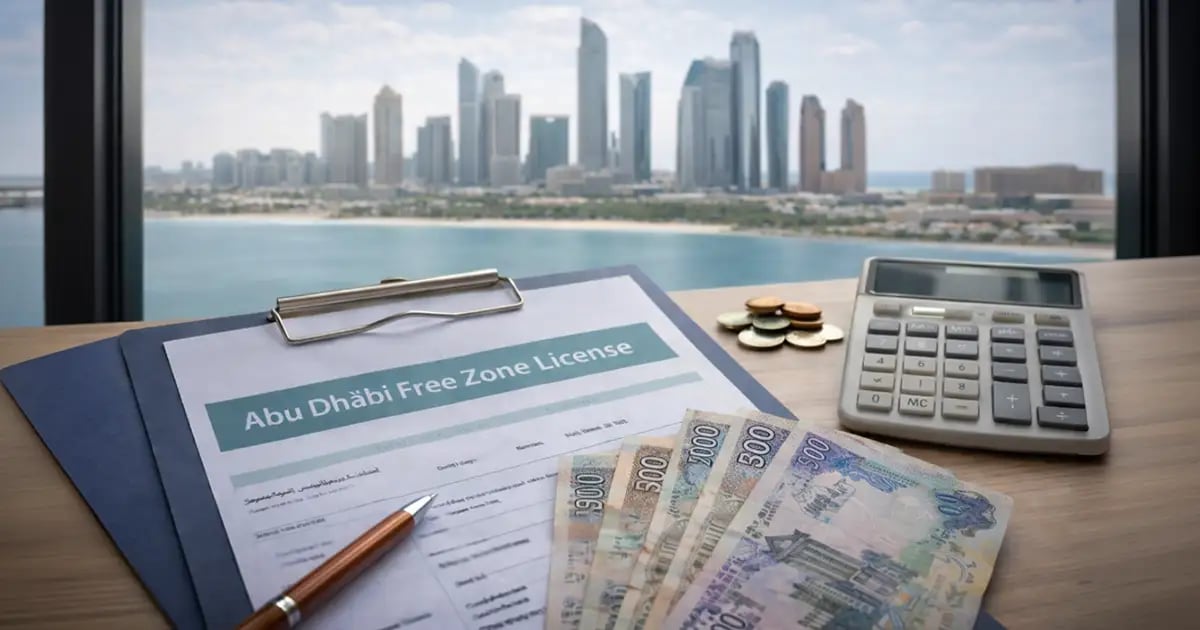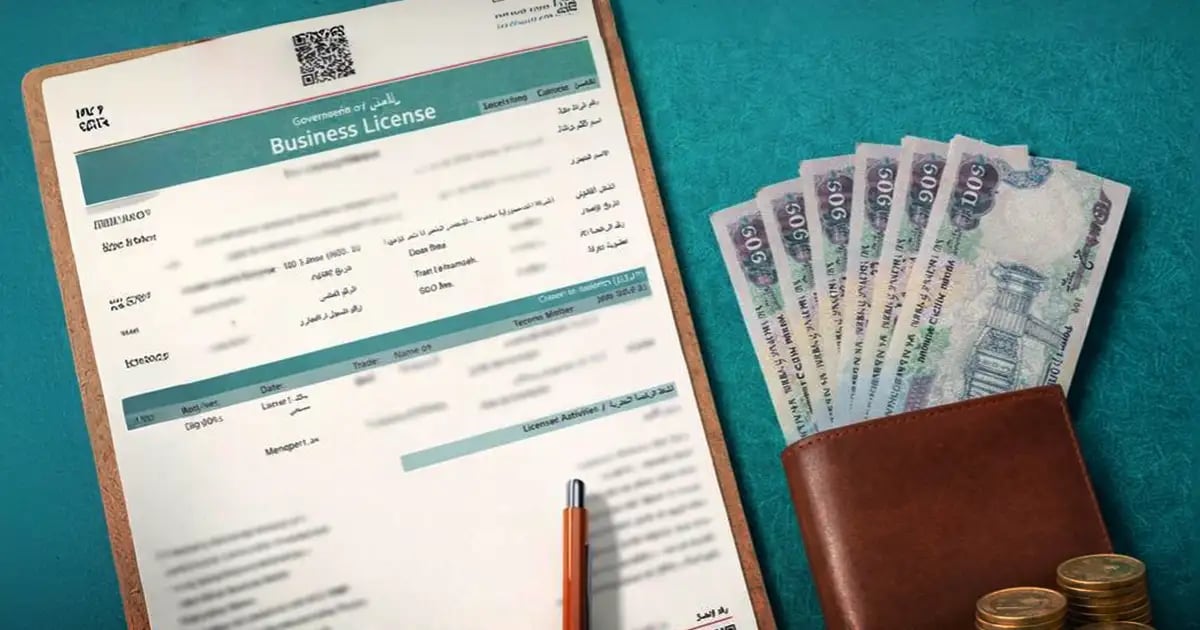Types of Business Setups in Dubai
From our experience choosing the right business structure, understanding the types accurately is one of the most important decisions when starting a business in Dubai. The company structure determines your ownership rights, taxation, and where you can operate. Three main business structures are:
1- Mainland Company
A Mainland Company Formation in Dubai allows you to operate anywhere in Dubai and across the UAE, except for free zones. Here’s why you should choose this structure:
- Eligibility to take on government contracts and projects.
- Freedom to operate domestically and internationally.
- Flexibility to open offices in any location within Dubai or other Emirates.
- Extensive options for business operations.
Points to Consider:
- Higher setup and operational expenses than in free zones.
- Although many sectors allow 100% foreign ownership, some business activities may still require a local sponsor holding 51% ownership.
2- Free Zone Company
Setting up a Freezone Company in the UAE encourages foreign investment with attractive benefits and streamlined processes. Popular options in Dubai include:
- DMCC (Dubai Multi Commodities Centre),
- JAFZA (Jebel Ali Free Zone Authority),
- DIFC (Dubai International Financial Centre),
- DAFZA (Dubai Airport Free Zone Authority),
- Dubai Media City, and
- IFZA (International Free Zone Authority).
Why Choose This Structure:
- Most free zones have zero personal and corporate income tax.
- 100% foreign ownership with no local sponsor required.
- Easy and quick setup with fewer restrictions.
- Access to networking opportunities, modern facilities, and business support.
Points to Consider:
- When starting a business in a Dubai free zone or international markets, consider that business activity options may be more limited compared to those available on the mainland.
- As compared to mainland companies, business activity options may be narrower.
- Direct trade in the UAE mainland requires appointing an agent or a local distributor.
3- Offshore Company
Usually, an offshore company is established for holding assets, international trading, or tax planning. It is not meant for conducting business in the UAE. Popular offshore jurisdictions include JAFZA Offshore and RAK International Corporate Centre (RAK ICC).
Why Choose This Structure:
- Does not require a physical office space.
- 100% foreign ownership with full control.
- Provides privacy, asset protection, and ease of global trade.
- Profits and capital can be fully repatriated.
Points to Consider:
- Less effective for businesses seeking UAE-based clients or local funding.
- Business activities are restricted, mainly limited to holding and international operations.
- Cannot directly operate or trade within Dubai or the UAE.





